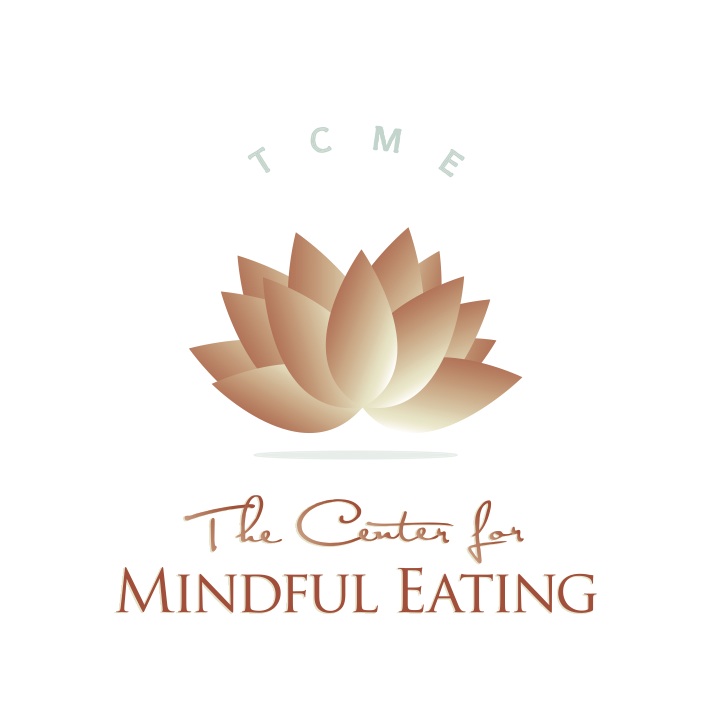The Center for Mindful Eating |
Position Statements on Topics Related to Mindful Eating |
There
is currently a wealth of information about topics surrounding food,
eating, and mindful eating from many sources. Having followed some
lively debates and conversations about these topics, The Center for
Mindful Eating considers it essential to get across a clear message of
what we understand as mindful eating and relevant topics affecting its
practice for our growing community around the world. *** These position statements are in alignment with the mission, vision and values of The Center for Mindful Eating. They might not reflect all of our members' views and opinions. It is the hope of The Center for Mindful Eating that these position statements will provide opportunities for meaningful reflection and conversations along the path to a healthy and joyful relationship with food and eating to the benefit of all beings. We welcome the comments and suggestions of our mindful eating community. Current members of The Center for Mindful Eating are invited, and encouraged, to share their responses to these position statements. |
Position Statement on Healthy Eating It is the position of The Center for Mindful Eating (TCME) that healthy eating is enjoyable eating that meets nutritional needs. It utilizes the practice of mindfulness by intentionally bringing awareness to the internal and external environment while eating. This means both being aware of the feedback from the body about what supports its health, including the impact of pleasure, and also of the best available scientific evidence related to nutrition and individual health concerns. The blend of pleasure and nutrition is important for consistency in eating healthfully as well as to optimize digestion, absorption and metabolism of nutrients. TCME supports flexibility around food choices, including eating food that is appropriate to the occasion. TCME recognizes that individual choices are affected by factors that may limit food choices such as economic constraints, religious choices, geography, lifespan and individual preferences. Developing a healthy relationship with food that considers individual circumstances helps foster overall well-being. Resources: Mindful Eating and Nutrition Megrette Fletcher M.Ed, RD, CDE This position statement was revised following feedback from members, March 2016. Feedback was collected through a member survey and round table discussion. |
Position Statement on Meditation The Center for Mindful Eating endorses formal mindfulness meditation practices as valuable for the cultivation and practice of mindful eating, and mindful awareness in daily life. It supports awareness of emotional and physical hunger, and satiety cues to help guide decisions on when to begin and end eating.
Mindfulness meditation cultivates attention and awareness of thoughts,
feelings, the body and all the senses without judgment. It encourages
curiosity and cultivates compassion, thus providing a foundation for
mindful eating. Resources: Strengthening Your Mindfulness Muscles Mindfulness - Sitting Makes Eating So Much Better Making Your Meditation Practice a Non-Negotiable Priority This position statement was revised following feedback from members. December 2015. Feedback was collected through survey and round table discussion. Position Statement on Mindful Eating to Help Ease Food InsecurityIt
is the position of The Center for Mindful Eating that food insecurity
is a global issue that professionals in fields related to health, food
and nutrition need to become aware of. An individual’s past and current
food insecurity concerns may promote unhealthy, mindless or fear-based
eating. The Center for Mindful Eating encourages members to take steps
to acknowledge and, if possible, ease food insecurity in their local
area as a way to benefit their community and deepen their mindful eating
practice. Learning More About Food Insecurity Food insecurity means the lack of access to enough food for an active, healthy life. The Center for Mindful Eating has identified five areas of food insecurity: The lack of reliable and consistent sources of food.
|
Position Statement on Sustainable Food Systems
Mindful eating and sustainability have overlapping values in that both foster awareness and encouragement of humane treatment of all beings, ensuring the protection of animals, farmers, workers, consumers, and communities. Additional resources on sustainability:
Nourishing the Planet: How Mindful Eating Can Help with Megrette Fletcher, RD
Food, Sustainability and Role of Mindfulness with Caroline Baerten, RD
|

.svg)